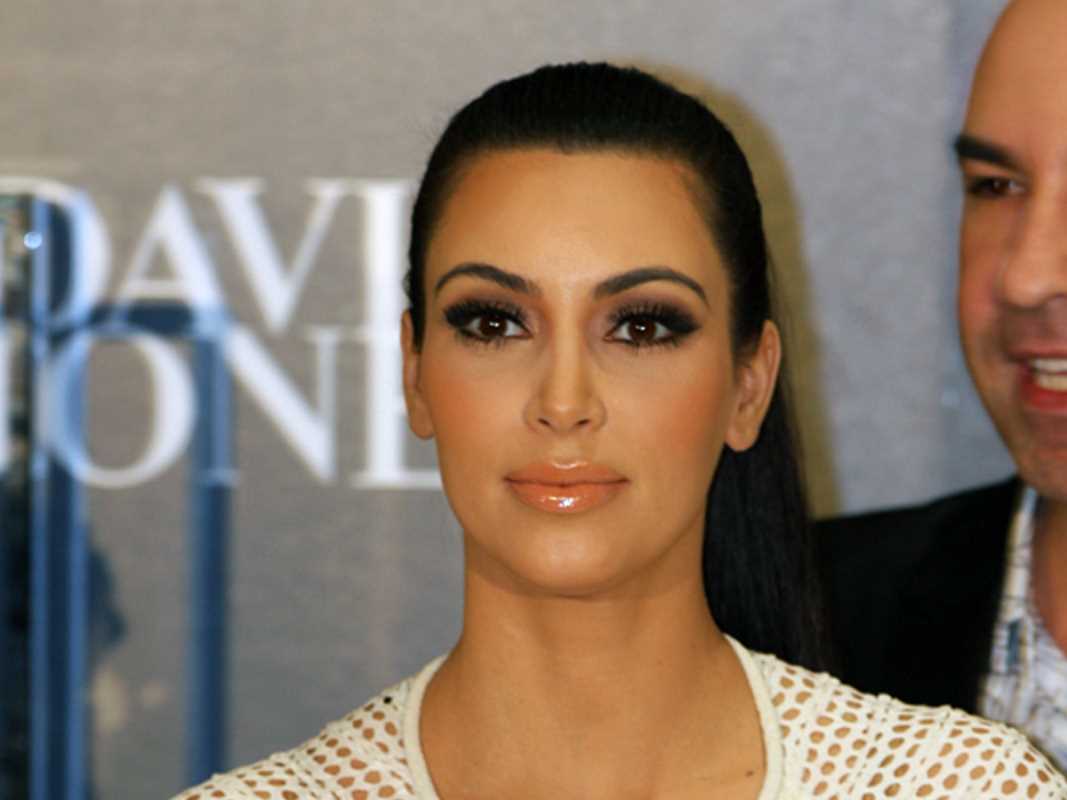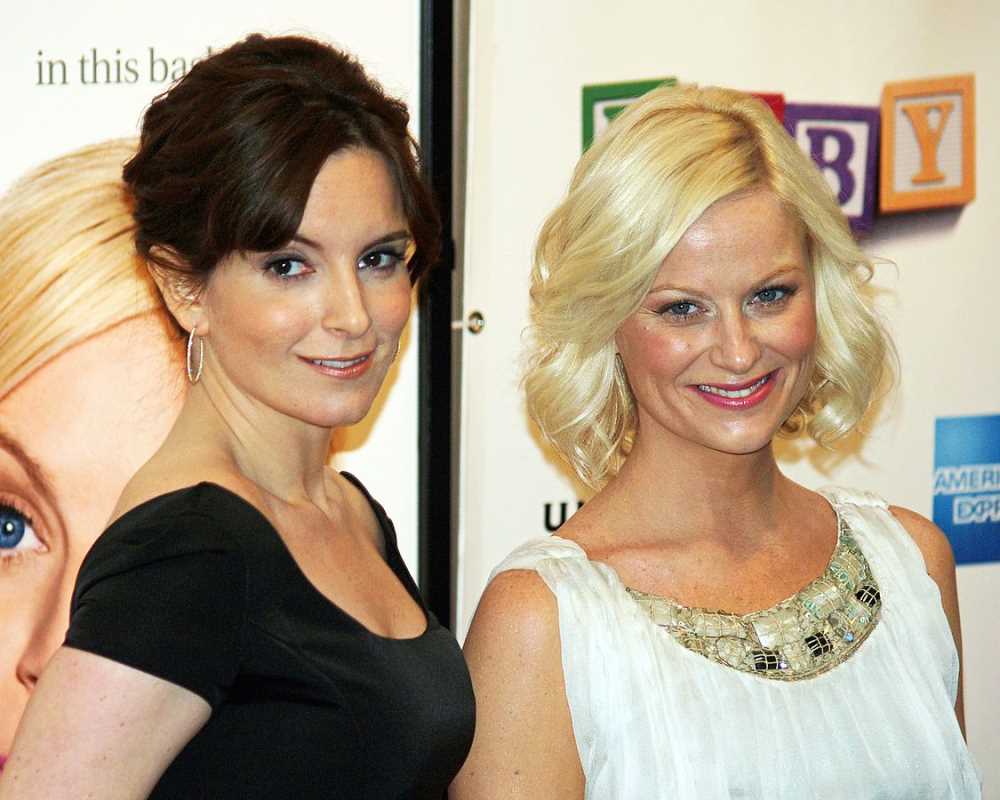Reality television often promises a fleeting moment in the spotlight, famously dubbed "15 minutes of fame." Most participants enjoy their time on screen and then return to their normal lives. A select few, however, see this opportunity not as an endpoint but as a launchpad. These individuals possess a unique blend of personality, business sense, and an understanding of their audience. They masterfully convert their television exposure into substantial, long-lasting business empires. It's time to talk about the stories of reality stars who defied expectations. We will examine their specific strategies, the industries they conquered, and how they transformed temporary fame into enduring legacies that reach far beyond the television screen.
Bethenny Frankel
Bethenny Frankel first appeared on The Apprentice: Martha Stewart, but became a household name as an original cast member of The Real Housewives of New York City. Her witty, no-nonsense personality made her a fan favorite. Frankel astutely recognized that her personal brand was tied to being a practical, health-conscious, and ambitious woman. She used this insight to create the Skinnygirl brand.
Her first product, the Skinnygirl Margarita, was a revolutionary concept: a pre-packaged, low-calorie cocktail. It solved a problem for her target audience of women who wanted to socialize without consuming excess calories. The product's launch was a masterclass in leveraging a television platform for business promotion. Viewers watched her navigate the challenges of creating and marketing the cocktail, making them feel invested in its success.
Frankel sold Skinnygirl Cocktails for an estimated $100 million in 2011 but wisely retained the rights to the "Skinnygirl" name. This allowed her to expand the brand into a diversified lifestyle empire. Today, Skinnygirl offers a wide range of products, including snacks, salad dressings, shapewear, and books. Frankel’s journey demonstrates the power of creating a product that authentically reflects one's personal brand and then strategically expanding that brand into new markets.
Kim Kardashian
Kim Kardashian’s rise from reality star on Keeping Up with the Kardashians to a billionaire entrepreneur is perhaps the most prominent example of turning fame into a global empire. Her initial fame was amplified by the show, which gave viewers an inside look into her family's life. Kardashian leveraged this immense visibility to build a powerful personal brand centered on beauty, fashion, and an aspirational lifestyle.
Her first major success in business came with the mobile game Kim Kardashian: Hollywood, which generated massive revenue. This venture proved she could monetize her brand beyond traditional endorsements. She then launched KKW Beauty, a direct-to-consumer cosmetics line that sold out its first contour kits within minutes. The key to its success was using her own social media influence as the primary marketing channel, showcasing the products on herself.
Kardashian later founded SKIMS, a shapewear and loungewear brand focused on body positivity and inclusivity, offering a wide range of sizes and shades. SKIMS was valued at over $4 billion in 2023. Her strategy revolves around a deep understanding of digital marketing and direct engagement with her audience. By controlling her own product lines and distribution, she has built a vertically integrated empire that sets the standard for modern celebrity entrepreneurship.
Lauren Conrad
Lauren Conrad became famous on MTV's Laguna Beach and its spin-off, The Hills. Unlike some of her co-stars who thrived on drama, Conrad cultivated an image as the relatable, ambitious, and fashion-forward girl-next-door. After leaving reality television, she deliberately pivoted away from the drama and toward building a more refined and positive lifestyle brand.
Her strategy was to focus on content and accessible products. She launched a popular lifestyle website, LaurenConrad, which offered advice on fashion, beauty, and home decor. This established her as a credible authority in the lifestyle space. She authored several best-selling books, both fiction and non-fiction, further cementing her brand.
Conrad’s biggest commercial success has been her LC Lauren Conrad collection at Kohl's. This long-standing partnership brought her chic, accessible style to a mass-market audience. The line includes clothing, accessories, and home goods, reflecting her evolution into a lifestyle expert. She also co-founded The Little Market, a nonprofit fair-trade shop that empowers female artisans globally. Conrad's career shows how a reality star can successfully transition into a respected lifestyle entrepreneur by building a brand based on authenticity and positive values.
Spencer Pratt
Spencer Pratt, another star from The Hills, built his empire in a completely different way. Known as the show's villain, Pratt embraced his controversial persona and became a master of manipulating media and pop culture. While others sought to create physical products, Pratt’s business has been media itself. He understood that in the digital age, attention is the most valuable currency.
After The Hills ended, Pratt became an early adopter of new social media platforms like Snapchat. He used them to offer raw, unfiltered commentary on reality television, pop culture, and his own life, building a new and highly engaged audience. He and his wife, Heidi Montag, cultivated a brand based on radical transparency about their pursuit of fame.
Pratt’s primary venture is his Pratt Daddy Crystals brand, but his more significant influence is his role as a pop culture commentator. His podcast and social media presence generate revenue through ads and partnerships. He has successfully monetized his personality and his unique perspective on the entertainment industry. Pratt’s journey illustrates an alternative path to empire-building, one focused on content and digital influence rather than traditional consumer products.
 (Image via
(Image via





